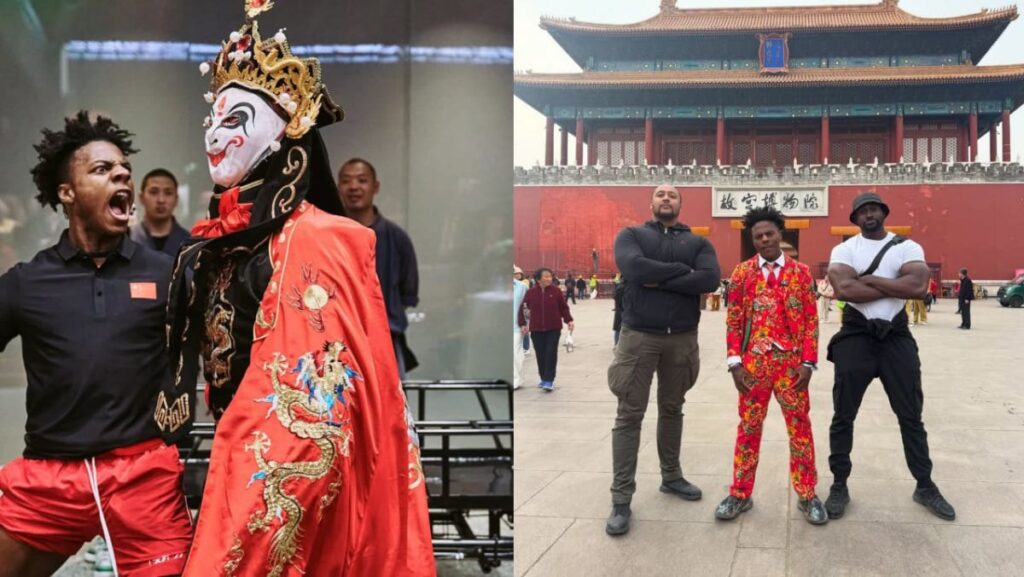However, a few conditions must first be met.
Influencers must be 35 years old or younger and have a sizable online following of at least 300,000 followers across different social media platforms like Instagram, YouTube, TikTok and X.
College Daily, an online publication targeted at Chinese students studying in the US, said applicants should love Chinese culture and have “no history of bad behaviour”.
Selected influencers will get to work with 10 Chinese influencers, each with more than 1 million followers on popular Chinese social media apps like Xiaohongshu and Douyin.
During the trip, at least two short-form videos must be published, along with a collaborative highlight reel involving Chinese creators.
“From entertainment to culture”, there are no restrictions on the type of content, the ad said, adding that all creators “regardless of style” were welcomed.
Beyond the appeal of a 10-day all-expenses-paid trip, a major draw for young influencers would be “exclusive access” to events and restricted areas typically off-limits to tourists, said Cheng.
“If you’re invited (to China) by the Chinese government, you’re going to have exclusive access to things that others will not have,” he said. “You’ll (be able to) see things that go on behind the scenes.”
“The Chinese market is a powerful draw,” added Dr Li.
“With its massive population and highly active digital media users, China presents huge opportunities for influencers looking to grow their reach,” she said.
NOT A SILVER BULLET, EXPERTS SAY
But even with the allure of free travel and exclusive official access, experts have also highlighted examples of how things have gone wrong.
In 2023, six US fashion influencers came under fire for posting videos promoting a sponsored trip to fast-fashion giant Shein’s factory – accused of using forced labour and environmentally damaging practices.
Referencing the case, Dr Li highlighted how influencers faced enormous backlash particularly in the West if they appeared to promote Chinese state narratives – whether intentional or not.
“Accusations of spreading propaganda or acting as a mouthpiece for the Chinese state can damage their credibility and erode trust among followers,” Dr Li said, adding that audiences, especially digitally literate ones, are “quick to identify inconsistencies and hidden agendas” and also remain “sceptical of overly positive portrayals that appear to sideline legitimate criticisms”.
“Rather than using influencers solely as conduits for positive messaging, organisations and states should consider fostering genuine engagement that allows for critique, addresses public concerns, and provides transparent responses supported by evidence.”
“The (Shein) case underscores a broader lesson – that public relations strategies relying heavily on controlled, one-sided messaging are increasingly vulnerable in today’s dialogic and participatory digital media environment.”
Influencers have the potential to become unofficial cultural ambassadors of a country, but the key is in fostering authentic connections.
“A single viral personality cannot fully reshape geopolitical soft power narratives on their own,” said Dr Li.
“They can create initial sparks or windows of opportunity for more sustained engagement and mutual understanding.”
Read the full article here
